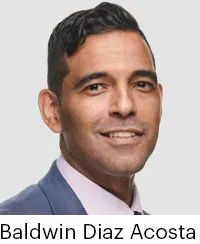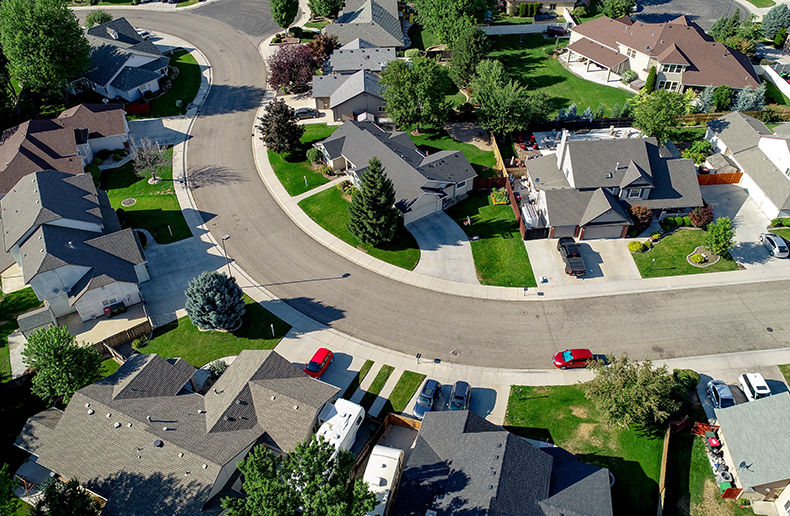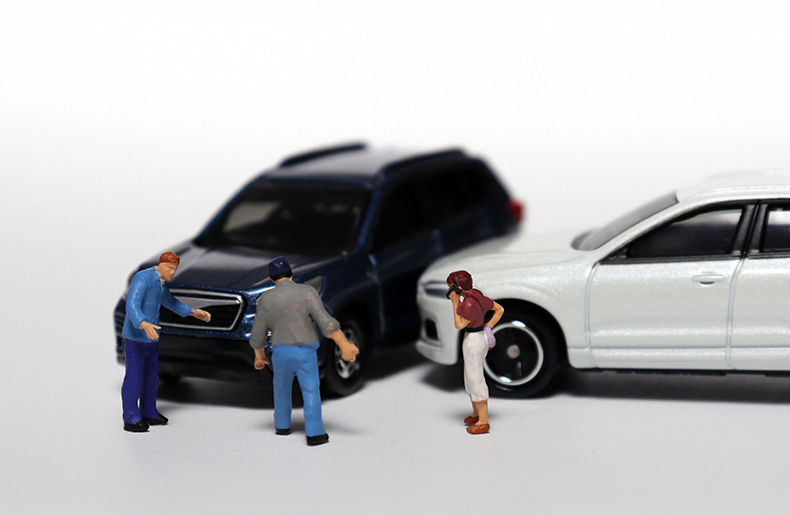Climate change is causing more and more weather-related events, resulting in costly claims. With their preventive loss measures riders, Wawanesa and Co-operators are taking a step towards making homes resilient.
In May 2022, Wawanesa launched two insurance products to encourage policyholders to make their properties more resilient in the face of climate change.
With the Stronger Home coverage, which offers an additional $25,000 in coverage, Wawanesa undertakes to pay the increased cost of repairing or replacing a roof or exterior siding with more resilient materials in the event of a loss.
Similarly, for policyholders who have taken out the Eco-Friendly rider, the insurer will repair or replace damaged property with Energy Star-rated products and more eco-friendly materials. For an annual premium of $35, the insured benefits from additional coverage of $35,000.

Wawanesa pointed out that by 2021, more than $2.1 billion had been paid out by insurers following natural disasters attributable to climate change.
“The idea behind these riders was to help our members be better prepared for any bad weather that might occur,” explained Baldwin Diaz Acosta, Vice President, Quebec Region, in an interview with Insurance Portal. “We had been asking ourselves how we could make our members more resilient in the wake of a loss or bad weather,” he added.
Diaz Acosta was part of the team that developed these two riders. “These are the products I'm most proud of: products that didn't exist in the market, but met our members' needs.”
More efficient repairs
Co-operators, for its part, has been offering the TomorrowStrong rider free of charge to all its residential policyholders since June 2024.

“As we've seen, 2024 was the most difficult year in terms of natural disasters,” observed Patrick Décarie, Co-operators' Regional Vice-President for Quebec.
Last year's damage was mainly in urban areas, resulting in more claims and compensation than the forest fires of 2023. The latter mainly affected uninhabited and uninsured areas.
In the event of a loss, eligible policyholders can benefit from up to $3,000 for resilient roofing materials and installations, as well as $1,000 for prevention following a loss, such as sump pumps, surge protectors and water alarms. Another $1,500 is available for the installation of hurricane straps.
The principle behind the TomorrowStrong rider is to prevent having to repair the same parts of a home when it's in an area where the same type of weather occurs more frequently.
For example, in Calgary, they're always affected by hailstorms, said Décarie. “If you repair a roof one year, it's possible that another hailstorm will hit the area the next year, and you'll have to make the same repair if you've put back simple shingles. We're not really helping by doing that.”
In fact, Co-operators' home insurance plans cover all water-related losses, whether river or storm runoff, sewer backup, flooding or water infiltration.
“Our rider covers extensive water damage, period,” Patrick Décarie told the Insurance Portal. “At one point, we asked ourselves whether we really wanted to treat water damage à la carte. We opted for a single coverage, to make it simple enough to explain to a customer during an elevator ride.”
Rewarding forward-thinking owners
To stay ahead of Mother Nature, Wawanesa works with the Institute for Catastrophic Loss Reduction. The organization has a wealth of data on climate change and its impacts.
The products arrived on the market almost three years ago. They were well received by brokers, who received training and numerous documents to learn the details and present them to their customers.
“It was innovative at the time, and it still is today,” points out Baldwin Diaz Acosta, who couldn't say whether Wawanesa's initiative has been imitated by other insurers.
“But as an industry, we see the efforts of our competitors who are trying to get more involved in everything to do with climate change,” he added.
Over the past three years, insurance brokers have become much more aware of the impacts of climate change, he points out.
“There are things we now recommend to homeowners to mitigate risk, advice we wouldn't have thought of giving them before, like asking them to understand the history of risk in their area so they know what measures to put in place. Is it water? Is it wind?” illustrates Diaz Acosta.
Without going into detail, he acknowledged that “depending on the measures that have been taken, there may be impacts on the premium for people who have been far-sighted.”
This is also the case at Co-operators, confirms Décarie. We give discounts to our policyholders who have implemented preventive measures,” he points out. “That's why we're proud to call ourselves a cooperative.”
“If there's one piece of advice I'd like to give people, it's not just to shop around for an insurance premium. Ask your agent or broker for advice on the inclusions and exclusions of each policy to find the one that will adequately protect you.”
Initiatives that set an example
Co-operators has opted for a circular operating model in its claims process. In doing so, the cooperative hopes to help reduce the amount of waste that ends up in landfill.
The insurer says it disposes of 116,000 tonnes of waste each year as a result of claims; it also mentions that 98% of the insurance industry's waste in North America ends up in landfill.
So, as part of its sustainable claims approach, several practices were reviewed. Drywall that has been dampened with clean water will be fan-dried to prevent the growth of mould; where possible, furniture and fabric items are cleaned rather than thrown away.
In addition, waste from disasters is redirected to organizations that can recycle it via the Zero Waste Economic Transformation Lab. Other good-quality materials and items recovered from the sites can also be sold by Habitat for Humanity's ReStores to finance construction projects.
Wawanesa is also involved in the fight against climate change. As part of a tree-planting program established two years ago, some 7,400 seedlings have been planted by employees.
“This has reduced our carbon emissions by 1,100 tonnes of CO2,” says Baldwin Diaz Acosta.
The insurer has also launched its Climate Champions program, in which $2 million is invested annually to support initiatives aimed at making communities more resilient to climate change.
These measures, like its insurance products, are part of Wawanesa's overall service offering.
As with our products, the company has made the choice to move from simply repairing to preventing the impacts of climate change, he said. “As an industry, we mustn't forget that insurance is a service. And advice and prevention must be part of that service offering.”
Protection for businesses
It's not just residential policyholders who can benefit from an endorsement ensuring more resilient rebuilding after a loss.
Since the end of 2024, Northbridge Insurance has been offering its corporate clients a coverage extension that includes rebuilding for the better, free of charge, Jean-François Lussier, Senior Vice-President for the Quebec region, told Insurance Portal in an e-mail.
The extension will absorb the increased rebuilding costs associated with the use of more resilient materials, which were not included in the “replacement value” coverage of the original policy.
It also covers the replacement of damaged equipment and appliances with more energy-efficient or less polluting models.
It will also finance the design and recertification of buildings that were previously declared green through Energy Star, WELL Building Standard or Leadership in Energy and Environmental Design (LEED) certification.







